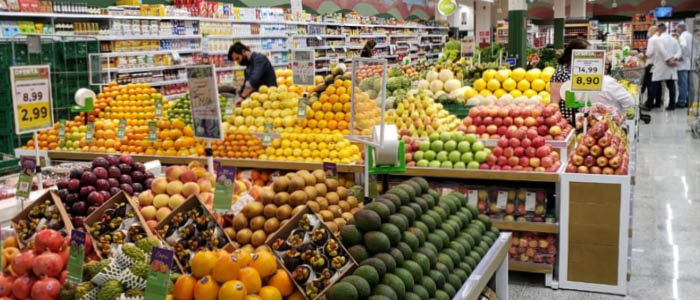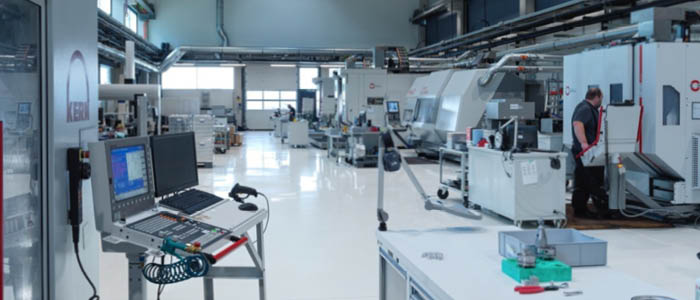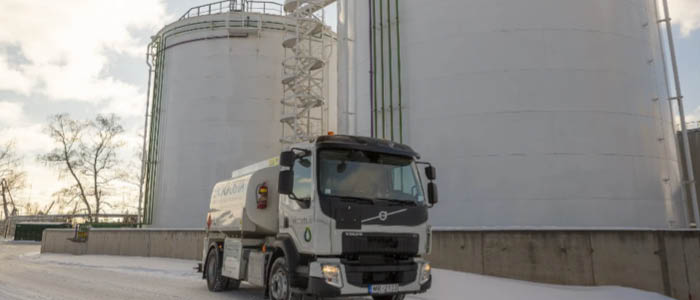New Type of Industrial Parks
Starting from the mid-2000s, industrial parks (IPs) have developed rapidly in Russia. By 2018, there were 166 IPs located across 51 constituent parts of Russia.
Recently, a new type of IP – the agro-industrial park (AIP) – was founded in Russia. AIPs have been gradually established in Russia over the last nine years, but only on February 28, 2018 were the basic requirements for this new type of IP formally established. According to the provisions of state standard GOST R 56301-2014, the AIP is a type of IP involving the production and agricultural products, raw materials, and food processing, as well as agricultural production maintenance services. Currently there are fewer than ten AIPs operating in Russia.
Advantages of Agro-Industrial Parks
Russian legislation provides for a range of state support measures intended to stimulate the establishment and functioning of both IPs in general and AIPs in particular.
The concept of the AIP was established to attract investment in the Russian agricultural and food industries. Potential investors may be interested in locating their agro-industrial projects within an AIP for a range of reasons. First, investors are being offered plots of land that are suitable for agro-industrial production and already demarcated and registered in the unified state real estate register. Second, AIPs are equipped with utilities (electricity, gas, water, sewage system, etc.) ready for connection. Thus, investors save a significant amount of time and resources when supplying and connecting utilities to their plots of land.
In terms of business process engineering, AIPs allow their residents to implement a complete production chain cycle including cultivation of agricultural products and livestock, product processing, logistics and distribution.
Managing Company
AIPs are managed by a designated management company (MC), tasked with creating the most convenient conditions possible for AIP residents.
In particular, MCs generally ensure the security of the AIP territories, access control, maintain the utilities, roads, and lighting within the AIP in proper condition, and can provide accounting, consulting, and other services to residents.
For this purpose, MCs enter into two types of contracts: (1) with AIP residents (for instance, lease or sale and purchase agreements related to plots of land, buildings or premises, agreements to carry out activities in park territory, and utilities and service contracts); and (2) outsourcing contracts with suppliers of different services provided by the MC for its residents (such as contracts for cleaning, security, telecommunication, marketing, etc.).
State Support Measures
Russian legislation provides for three types of support measures: (1) applying to IPs in general, (2) applying only to AIPs and (2) applying to agricultural goods producers.
The support measures for IPs generally include the following: (1) provision of federal subsidies for the constituent parts of Russia to reimburse them for the costs incurred in building the infrastructure of IPs at the expense of federal taxes paid by the residents of IPs; and (2) provision of federal subsidies for the MCs of IPs to reimburse them for part of the interest charges on the loans obtained from Russian lending institutions for the financing of establishment and operation of IPs.
Designated state support measures applying only to AIPs include subsidies allocated for an entity of Russia to finance: (1) the development of energy and transport infrastructure; (2) connection to electricity supply network facilities; (3) installation of processing, engineering, production equipment, etc.; (4) purchase of equipment to ensure compliance with Russian legislation for the safety of people and to protect their life and health; (5) purchase of office furniture, computer hardware, and software for use by AIP residents.
In addition, the following tax incentives and preferences apply to agricultural goods producers (with details provided in the Russian Tax Code): (1) profit and transport taxes of 0%; (2) the land tax rate cannot exceed 0.3%, (3) reduced VAT rate (10%); and (4) an increased depreciation factor (not more than two for depreciable capital assets of agro-industrial organizations (such as livestock breeding complexes, state fur farms, and greenhouse facilities)).
Russian legislation still needs to be amended to provide more convenient conditions for AIP operation and measures of state support. However, the current trend is very positive and means that in the very near future up to 30 full-scale AIPs will be created, which will significantly increase the level of redistribution and will create added value in the agricultural sector.
By Thomas Mundry, Partner, Anna Sorokina, Senior Associate, Noerr Russia
This Article was originally published in Issue 5.6 of the CEE Legal Matters Magazine. If you would like to receive a hard copy of the magazine, you can subscribe here.





























